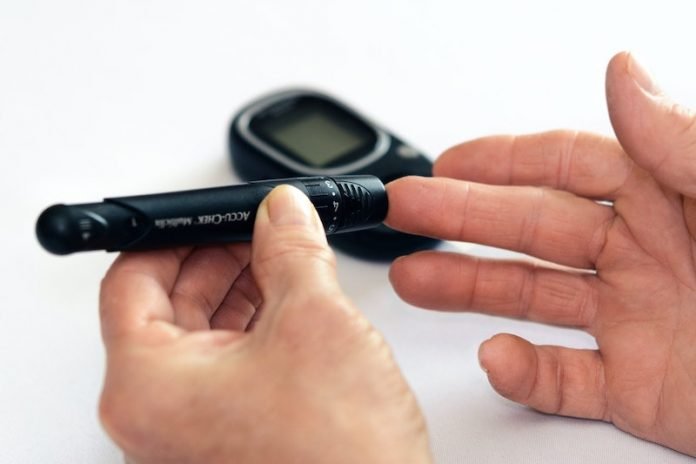
Scientists from China found that low concentrations of a certain metabolite in people with diabetes may explain why they are more susceptible to COVID symptoms.
The research is published in the journal Nature Metabolism and was conducted by ….. et al.
Not long after the global pandemic began, doctors began noticing that some people were more susceptible to more extreme symptoms when infected, and one of those groups included people who had diabetes.
In this study, the researchers have found what they believe is a likely reason for that.
In the study, the team searched for and compared metabolites in people with and without diabetes. Then they tested cell samples against a SARS-CoV-2 infection.
In so doing, they noted which if any reduced the ability of the virus to infect other cells because they were binding with the metabolite instead.
That narrowed the list of metabolites down to seven and further testing reduced it to just one: 1,5-AG.
The researchers found that, when produced in the body, it is filtered into the kidneys and reabsorbed into the blood.
But in people with diabetes, the reabsorption does not work as well and it winds up in their urine, which means they have less of it in their blood.
The researchers also found higher loads of viral infection in cases where 1,5-AG levels were lower.
They also found that artificially adding sera containing 1,5-AG to cell mixes resulted in lowered viral load levels.
The researchers also tried giving diabetic mouse models serum with 1,5-AG mixed in and found that doing so resulted in lowered viral loads after infection.
The team suggests their work indicates that lower levels of 1,5-AG in diabetic patients are the reason they are more susceptible to symptoms of COVID-19.
They say that more work will need to be done to determine if giving such patients serum with 1,5-AG can reduce their symptoms.
If you care about diabetes, please read studies about how to cure type 2 diabetes successfully, and this hormone may be critical driver of diabetes.
For more information about COVID, please see recent studies about people who are more likely to get severe COVID-19 after vaccination, and results showing this existing drug can prevent COVID death.
Copyright © 2022 Knowridge Science Report. All rights reserved.



